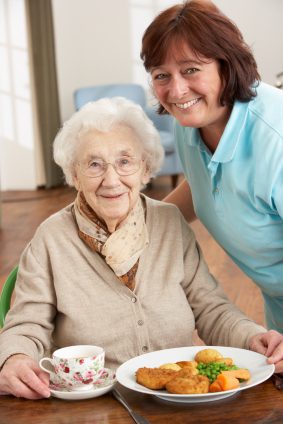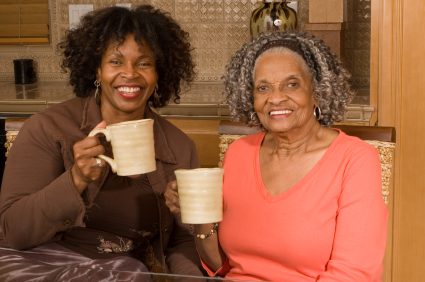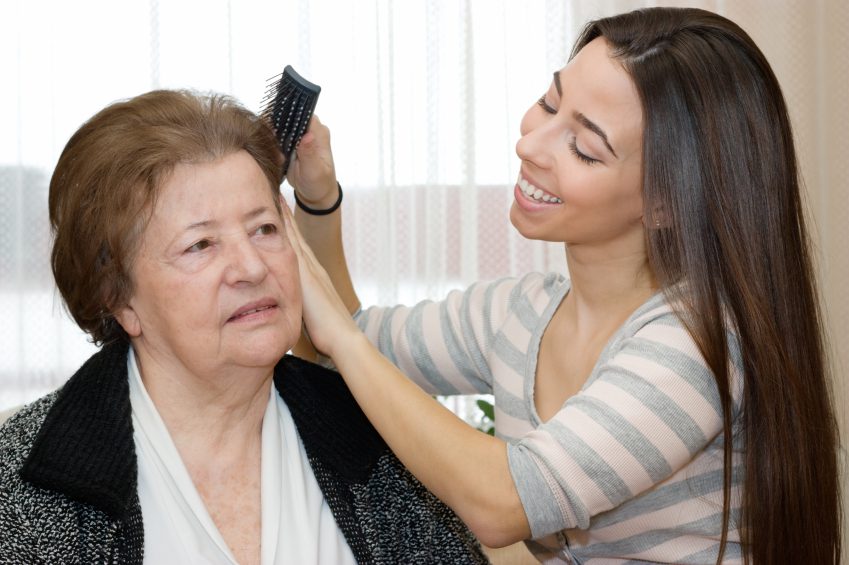
Elder Care Santa Monica CA: Remedies for Loneliness
The problem of loneliness is more widespread among the elderly population than any other age group. Interestingly, in our modern age, which allows people from distant corners of the earth to connect with the touch of a button, people in general are lonelier than ever before. Perhaps it is due to the age of emails and texts. There is less connecting in person and via telephone.
Even though only 15-20% of American seniors live alone, almost 45% of all American seniors report that they feel lonely regularly throughout each week. Loneliness is a condition that sees more rapid decline in the senior’s health and well-being. The good news is that more social seniors who interact with people on a regular basis experience almost 50% better mental and physical health than their lonely counterparts.
Why do so many elderly people feel so lonely? Some of the possible causes are:
- Their once active lifestyle has slowed down and they are less likely to engage socially with friends.
- They have been relocated from their friends and family due to moving into an assisted living center.
- They are more isolated due to physical ailments, which results in fewer opportunities of interactions with others.
Those who provide home care for the elderly have the ability to be the link to the rest of the world for that senior. There are many things that can be done to alleviate the sting of loneliness. Caregivers can fill a special role of helping to identify ways the senior can experience the joy of human contact.
The elderly home care provider can drive the aging loved one to senior activities where they can socialize with other people their age and find common things to talk about. Senior activities help to fill physical, mental and emotional needs.
What can you do to help your elderly loved one experience less loneliness in their life?
- Listen and ask questions. When your loved one opens up and talks to you, say ‘tell me more’. Gain a real interest in the things they love to talk about. It helps them to feel important and worthwhile as well as connecting with you on a deeper level.
- Develop ways to combat seclusion. Look for activities in the community you can share with your elderly loved one. Help them to get out of the house more often, when possible, so they can mingle with other people.
- Help your loved one renew an interest in a hobby they used to have, or even develop a new one. Are there craft or gardening clubs they can join? How about a reading club? Some elderly women form a lunch club where they take turns going to each other’s homes for lunch on a monthly basis. This is a time for some much-needed visiting and catching up on what’s happened since the last get-together.
- If your elderly loved one is somewhat reluctant to communicate, find out what their passions are. Did he love to go fishing, do photography or play a musical instrument? Get to know him a little better and help him connect with people or groups that are in those areas of interests.
There’s no one answer to the question of when the time is right for in-home care.
However, if you consider the points raise here today, you’ll have a better idea of when it’s time for in-home care.
And, if you have any follow-up questions, please contact us (310) 400-6869…we are always here to assist…You are Important to Us!
We pride ourselves in the Best In-Home Care!
Caregiving for You, Inc.



